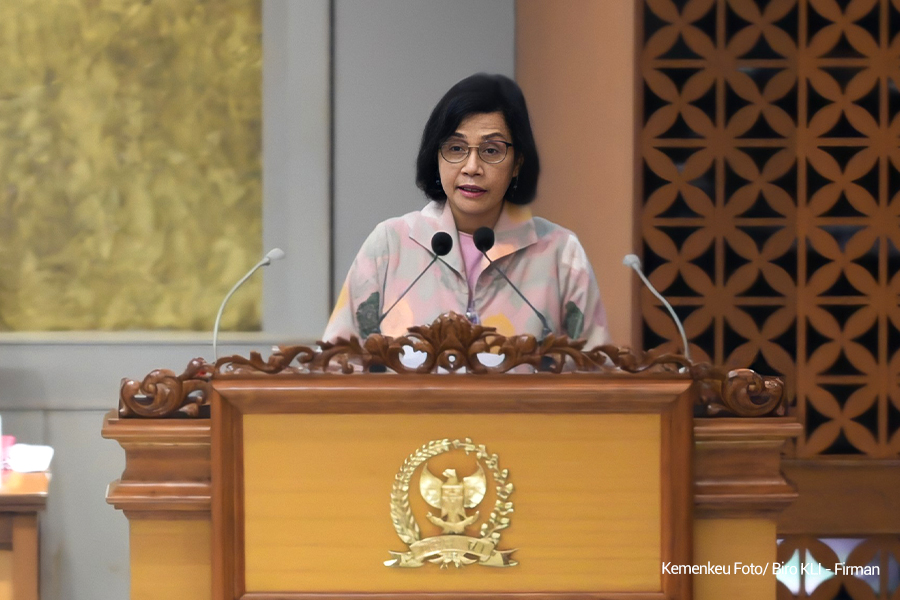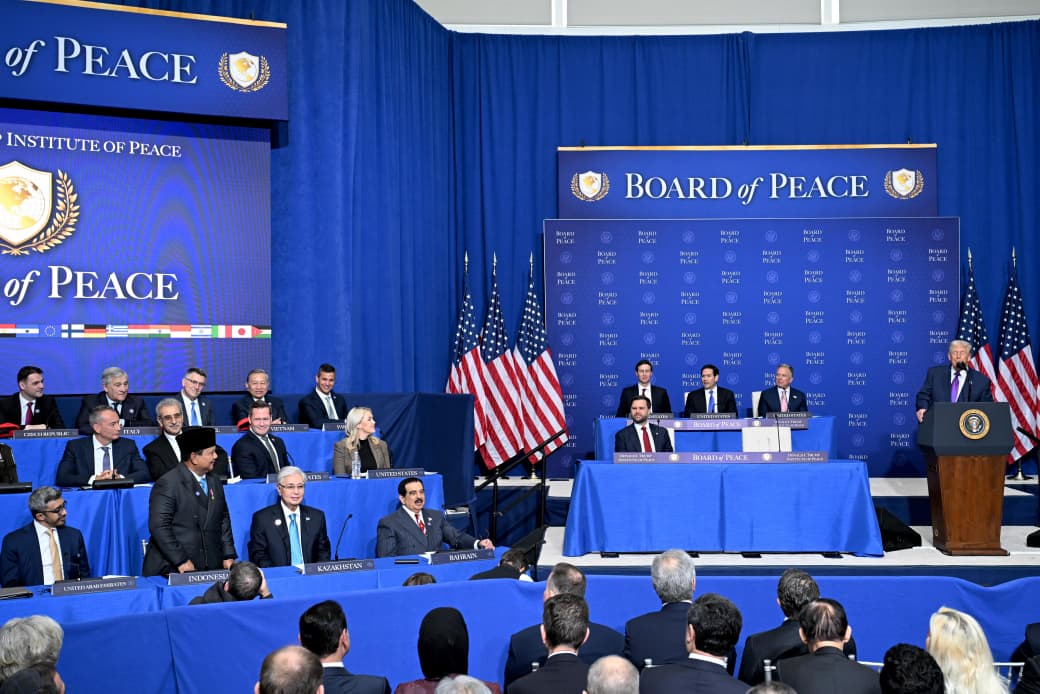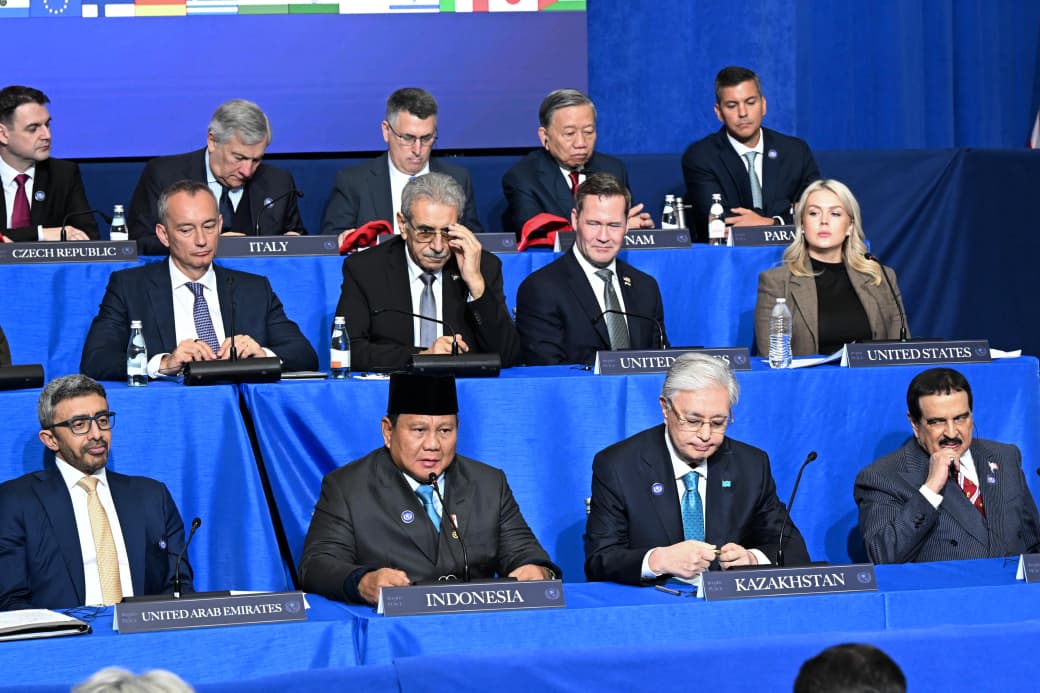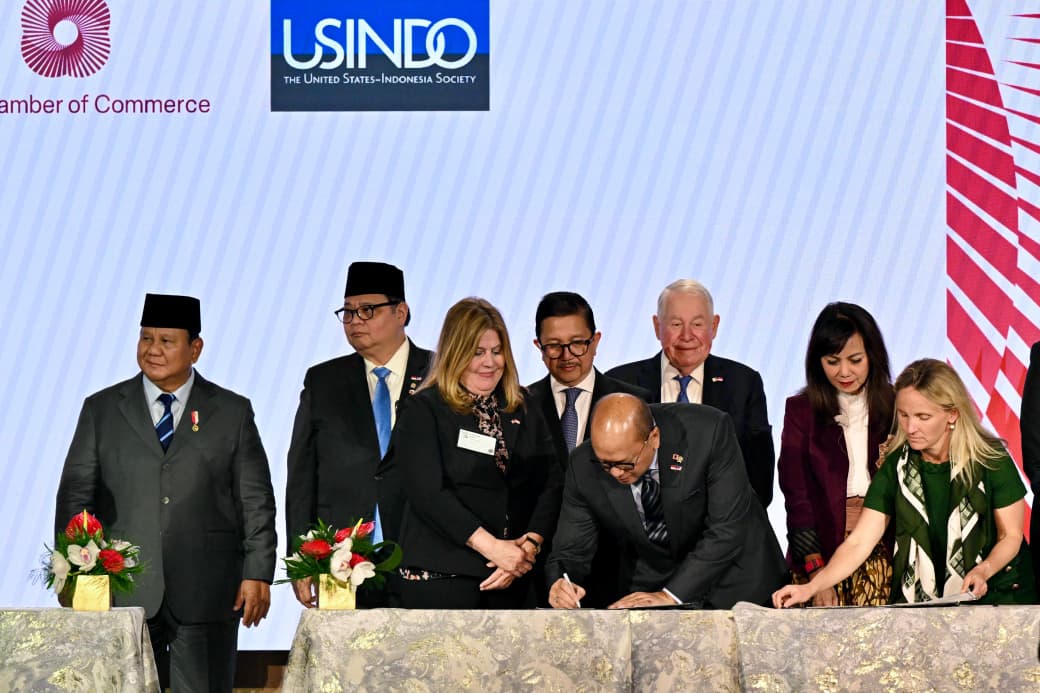Finance Minister Reveals 2022 State Budget Bill Focus for Health Sector

Minister of Finance Sri Mulyani delivers a report at a Plenary Cabinet Meeting of the House of Representatives on the Bill on the State Budget for the 2022 Fiscal Year and Its Financial Note, Tuesday (24/8). (Photo by: Ministry of Finance PR)
Minister of Finance Sri Mulyani Indrawati affirmed that the State Budget will be used to further support measures in the COVID-19 pandemic handling and national economic recovery, particularly in health sector.
The Government has set aside a budget of Rp255.3 trillion or around 9.4 percent of the total of the 2022 State Budget for health sector.
“The figure is way higher than the mandate of the Law, which is set at five percent of the State Budget. The budget allocation aims to cover COVID-19 handling programs in the health sector amounting to Rp115.9 trillion,” Sri said at a Plenary Cabinet Meeting of the House of Representatives on the Bill on the State Budget for the 2022 Fiscal Year and Its Financial Note, Tuesday (24/8).
The budget allocated for health sector in 2022 will be focused to finance vaccination drive, intensify 3T (testing, tracing, and treatment) measures, hospital fees reimbursement of COVID-19 patients, supply medication, and to pay incentives for the medical workers. The Government will also continue to speed up national vaccination drive to achieve herd immunity.
“As of June 2021, the target to administer 1 million doses of vaccine has been met, and we expect the target can be improved. The Government has also called for involvement of regional governments, personnel of the TNI (the Indonesian National Defense Forces) and Polri (the National Police), and midwifes under coordination of BKKBN (the National Population and Family Planning Board) to speed up realization of vaccination target,” she said.
In 2022, the Government will enhance bilateral and multilateral cooperation, including with various sides to encourage domestic vaccine production in order to maintain vaccine supply and keep it at an affordable price.
“The efforts to speed up vaccination drive will be made through implementation of the ongoing national vaccination program financed by the State Budget and self-paid vaccination scheme for people who can afford it, in the upcoming year,” she stated.
The Government will also carry out improvement on the quality of health budget to encourage and support health system reforms through transformation of primary health services, namely strengthening the community health centers (puskesmas), strengthening functions of health facilities to disseminate information and prevent diseases (including in disease control and promoting immunization).
In addition, the Government will also transform referral services through increasing the availability of beds at hospitals and improving hospital’s accreditation, as well as improving healthcare services, particularly in small islands, frontier, outermost, and underdeveloped regions.
Transformation on health resilience, she added, is also made through improvement of domestic pharmaceutical industry and medical equipment, strengthening of emergency response, improvement of medical workers’ quality and better redistribution of the workers, and development of information technology in providing health services, such as telemedicine and digitalized health services.
“Through reforms on health system, budget in health sector is expected to cover aspects of availability, affordability, and quality,” she added. (MINISTRY OF FINANCE PR /UN) (RAS/MUR)







